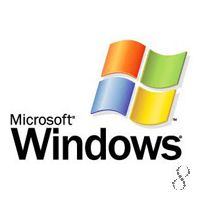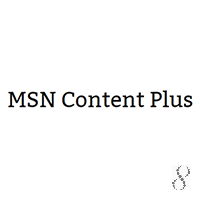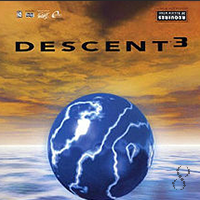MSN File Complications
Common MSN Opening Problems
Microsoft Windows Isn't There
When trying to open your MSN file, you get the error "Can't Open MSN File Type". Generally, this is experienced in %%os%% because Microsoft Windows isn't installed on your PC. The typical path of opening your MSN with a double-click won't work because %%os%% cannot make the program connection.
Tip: If you have another software that you know opens MSN files, you can select it by hitting the "Show Apps" button.
Outdated Microsoft Windows
Your Host Blocking File file is incompatible with Microsoft Windows because you might have the wrong version installed. Visit the Microsoft Corporation website to download (or purchase) the latest version of Microsoft Windows. This issue mainly occurs when your Host Blocking File file was created by a newer version of Microsoft Windows than you have on your PC.
Tip: You can sometimes get hints about the right program version by right-clicking on the MSN file, selecting "Properties", and looking at the version information.
Summary: Not having the right Microsoft Windows version on your computer can cause problems opening MSN files.
Other MSN File Issues
In the majority of cases, installing the right version of Microsoft Windows will resolve your issue. Other MSN opening errors can be created by other system problems inside of %%os%%. Issues that aren't software-related:
- MSN file type Registry entries are wrong
- Mistaken removal of the Windows registry MSN description
- Partial installation of Microsoft Windows that did not fully complete
- Your MSN can't be loaded properly (file corruption)
- Past or present virus infection has affected your MSN
- Hardware related to MSNs has device driver corruption
- Windows cannot load your Host Blocking File file due to insufficient resources (eg. RAM)
Quiz: Which file extension is a type of raster image?

That's Correct!
TIFF files, or Tagged Image File Format, is a considered a raster image file. They are very popular with the publishing industry because of their ability to be compressed using lossless compression (maintaining high quality).
Close, but not quite...
TIFF files, or Tagged Image File Format, is a considered a raster image file. They are very popular with the publishing industry because of their ability to be compressed using lossless compression (maintaining high quality).



















